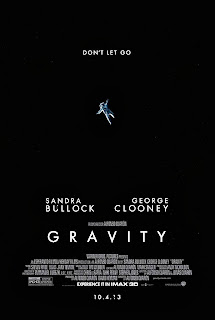The second film from Israeli
writer-director duo Aharon Keshales and Navot Papushado is a brutal, yet undeniably
funny, horror-thriller and is looking to make an impact in cinemas this week (6th
December 2013). It has already caught
the attention of Quentin Tarantino who described it as “the best film of the
year”.
The film begins with a thuggish but
ultimately inept detective beating a tied-up suspect in a multiple child murder
case in the face repeatedly with a phone book.
The suspect is a weedy religious studies teacher who is accused of
kidnapping girls and removing their heads.
Unbeknownst to anyone at the time, this
brutal (yet ludicrous) interrogation is recorded by a terrified child with a mobile
phone who puts the footage online for the country to see. Due to this embarrassment, the police chief
is forced to release the suspect and suspend the detective. The detective, now working outside of the
law, manages to serendipitously team up with a vengeful parent of one of the
previous victims who has bought a house (with a basement) in the middle of
nowhere so that he can take the law into his own hands…







